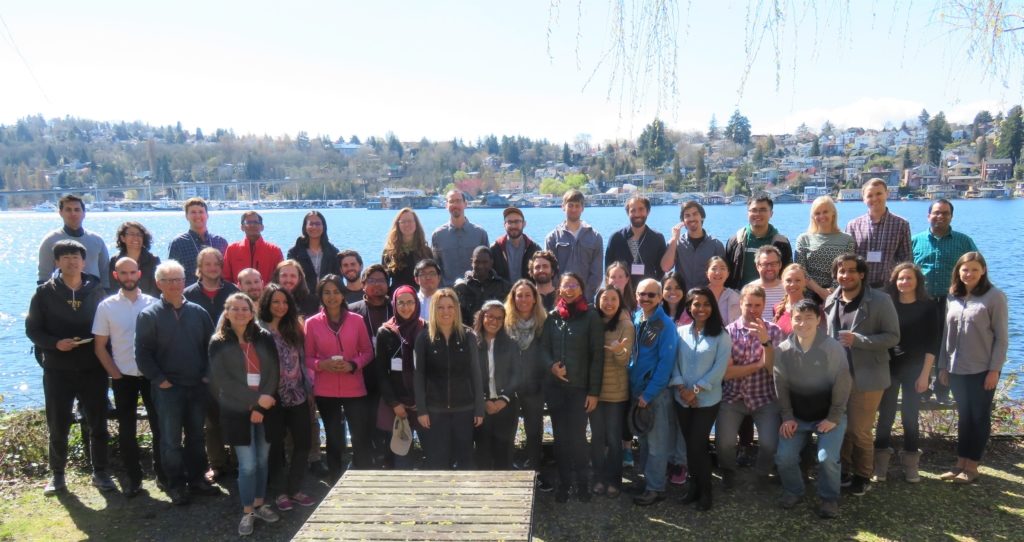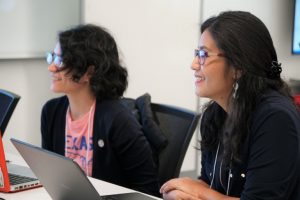Dams in the Pacific Northwest
After the fall field trip to the Skagit River Hydroelectric project and the winter Student Roundtable, the Freshwater Exploration Series is moving downstream to the next activity: an expert panel on dam management strategies and future research needs.
What: Freshwater Exploration Series: Spring Panel on Dams in the PNW
When: Wednesday, May 8, 2019, 5:00-7:00 pm
Where: Electrical Engineering Building, Room 303
Details: This event will feature panelists from academia and industry of different backgrounds: engineering, fisheries, and humanities. The event will focus on answering questions curated by students during previous activities related to dam management strategies and future research needs. First, each speaker will give a brief (~10 minute) presentation, addressing questions from their unique professional perspectives. Then, the floor will be open for conversation between the panelists and audience, allowing us to dive deeper into the complexities and nuisances of dam impacts and management.
Panelists:
- Chris Frans, Civil Engineer/Hydrologist, US Army Corps of Engineers
- Erin Lowery, Fisheries Biologist, Seattle City Light
- Margaret H. Redsteer, Assistant Professor, School of Interdisciplinary Arts & Sciences, UW Bothell
Contact Claire Beveridge with questions: cbev@uw.edu



